Through a Catholic Lens
Religious Perspectives of Nineteen Film
Directors from around the World
Edited by
PETER MALONE
Communication, Culture, and Religion Series

A SHEED & WARD BOOK
ROWMAN & LITTLEFIELD PUBLISHERS, INC.
Published in the United States of America
by Rowman & Littlefield Publishers, Inc.
A wholly owned subsidiary of The Rowman & Littlefield Publishing Group, Inc.
4501 Forbes Boulevard, Suite 200, Lanham, Maryland 20706
www.rowmanlittlefield.com
Estover Road
Plymouth PL6 7PY
United Kingdom
Copyright 2007 by Rowman & Littlefield Publishers, Inc.
All rights reserved. No part of this publication may be reproduced, stored in a retrieval system, or transmitted in any form or by any means, electronic, mechanical, photocopying, recording, or otherwise, without the prior permission of the publisher.
British Library Cataloguing in Publication Information Available
Library of Congress Cataloging-in-Publication Data
Through a Catholic lens : religious perspectives of nineteen film directors from around the world / [edited by] Peter Malone.
p. cm. (The communication, culture, and religion series)
Includes bibliographical references and index.
ISBN-13: 978-0-7425-5230-2 (hardcover : alk. paper)
ISBN-10: 0-7425-5230-6 (hardcover : alk. paper)
ISBN-13: 978-0-7425-5231-9 (pbk. : alk. paper)
ISBN-10: 0-7425-5231-4 (pbk. : alk. paper)
1. Motion picturesReligious aspectsCatholic Church. I. Malone, Peter, 1939
PN1995.5.T47 2006
791.4302'33092273dc22
2006031490
Printed in the United States of America
 The paper used in this publication meets the minimum requirements of American National Standard for Information SciencesPermanence of Paper for Printed Library Materials, ANSI/NISO Z39.48-1992.
The paper used in this publication meets the minimum requirements of American National Standard for Information SciencesPermanence of Paper for Printed Library Materials, ANSI/NISO Z39.48-1992.
Contents
Peter Malone
Maggie Roux |
Michael Paul Gallagher |
Peter Malone |
Gaye W. Ortiz |
Greg Friedman |
Rob Rix |
Jose Tavares de Barros |
Luis Garcia Orso |
Ricardo Yez |
Gaido Convents |
Nicasio Cruz |
Tom Aitken |
Lloyd Baugh |
Marc Gervais |
Claire Openshaw |
Dario Vigano |
Jan Epstein |
James Abbott |
Rose Pacatte |
Introduction
Peter Malone
When British director Ken Loach was asked what it was like to make five films with Catholic Scottish writer Paul Laverty, he stated that he had learned a great deal about the Catholic Church. It was not, as he had previously thought, monolithic. For a Catholic, it is often surprising to hear commentators from outside the church describing it. Some sweeping generalizations are often made by outsiders. Assertions are voiced about authority and allegiance that are not true at all. It is assumed that all Catholics think in the same way.
This is a necessary caution to state at the beginning of a book of essays about film directors who have a Catholic background. Catholicism is not monolithic.
The origins of this book began with interviews with film directors. Initially, it was surprising to hear their answers to questions about religion. Almost immediately they would state that they were not religious or at least had no church affiliation. But then they would add, almost too hurriedly, that they were spiritual. They were generally happy to speak at some length about this spirituality, about their values, and how these were important in their films. They seemed to be glad to be asked these questionsinstead of questions about budgets or whether this or that star was temperamental and difficult to deal with.
This was true of directors with Catholic education, especially the questions about not having a church affiliation anymore. And yet, it seemed clear that their films reflected their religious education, especially when they wrote their own screenplays as well. The obvious question to ask was whether their Catholicism, accepted, rejected, or just simply let go, was a subtext of their work. Critics and students have no difficulty in searching for all kinds of subtext in films. Is there a cultural subtext in the films of Hong Kongs Wong Kar Wai? Is there an African American subtext in the films of Spike Lee? Is there a Scandinavian Reformation subtext in the films of Ingmar Bergman? The obvious answer seems to be yes. So why can a Catholic subtext not be discerned?
When I listened to a conference paper by Tom Aitken on Luis Buuel, Viridiana, and Catholicism (included in this book), I was convinced that the subject was worth pursuing. Aitken is not a Catholic and was not trying to prove a prior thesis. And Buuel was no exemplary lifelong Catholic. His films contain many an image and plotline that could be construed as vigorously anti-Catholic. Yet, his Catholic sensibilities pervaded his films for almost half a century. It seemed, then, worth looking at the work of other directors. It also seemed worth looking beyond Europe and the United States, although that is where most of the directors come from. Essays on a wide range of directors were commissioned.
And then Richard Blakes important book, AfterImage, was published in mid-2000. Blake had been fascinated by the same questions about these directors. He developed the metaphor of the afterimage to illustrate his insights. When we look intensely at a light source, he says, and then shut our eyes, the afterimage of the light remainseven if the source of the light is darkened or removed. So it is with directors who have been exposed to the light of Catholic upbringing. It remains even if it has been rejected. This seems to be a useful image to indicate all kinds of subtexts in film.
Fortunately, for this project, Blake confined himself to six directors who were American or who had long careers in the United States. The Americans he chose were John Ford, Frank Capra, Martin Scorsese, Francis Ford Coppola, and Brian de Palma (some Irish heritage but predominantly Italian Americans). He also included Alfred Hitchcock, who was born in England but spent almost forty years in the United States.
The directors selected for this study include many European directors as well as Americans, but they also represent all continents. The Europeans are: Neil Jordan (Ireland), Terence Davies (England), Louis Malle (France), Roberto Benigni (Italy), Pedro Almodvar (Spain), and Krzysztof Kieslowski and Andrzej Wajda, focusing on CatholicJewish issues (Poland). The Americans (United States) are John Sayles, Kevin Smith, and Nancy Savoca (reminding us how difficult it is to find Catholic directors who are women). Directors from beyond the United States are Denys Arcand (Canada), Gaston Kabor (Burkina Faso), Lino Brocka (Philippines), Walter Salles (Brazil), Eliseo Subiela (Argentina), Carlos Carrera (Mexico), and Fred Schepisi (Australia). There are two other directors who have double homelands: Luis Buuel, Spain and Mexico, and Mel Gibson, Australia and the United States. This group is obviously representative, not exhaustive.
Next page


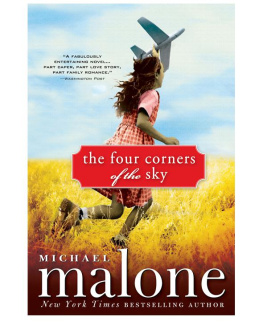
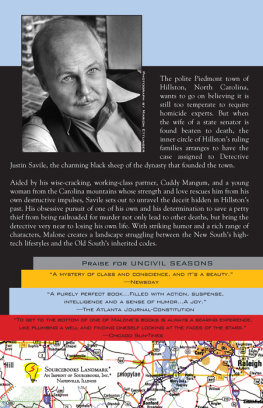

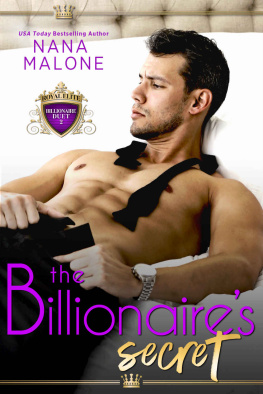
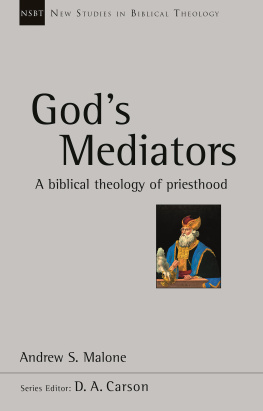
![Jon Fitzgerald - Filmmaking for Change: Make Films that Transform the World [2nd Ed.]](/uploads/posts/book/436017/thumbs/jon-fitzgerald-filmmaking-for-change-make-films.jpg)
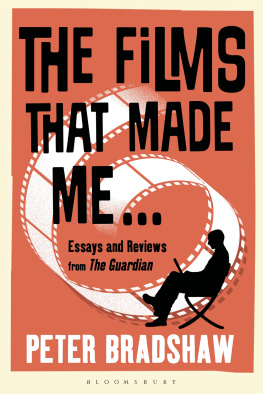
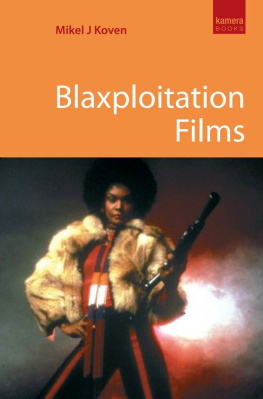
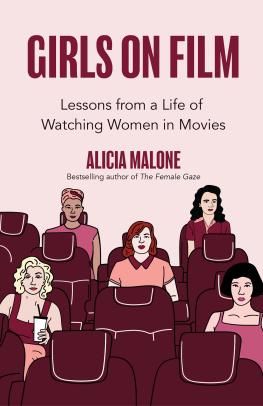
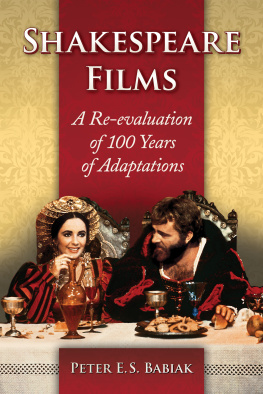
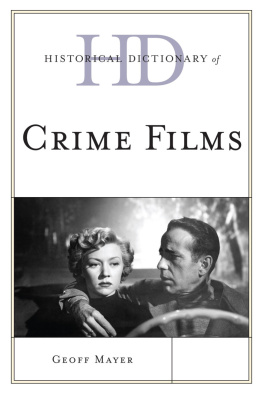
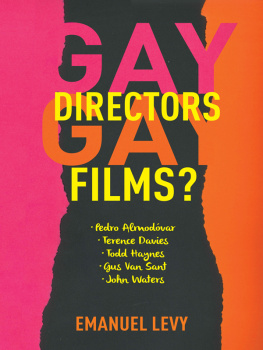
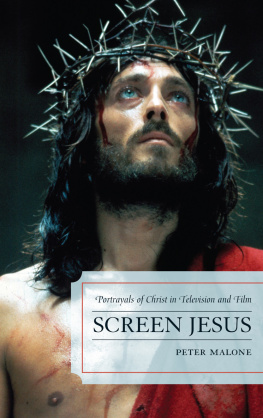
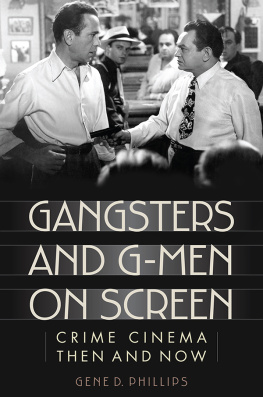
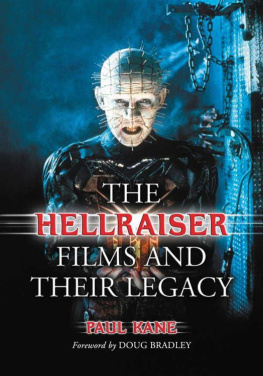
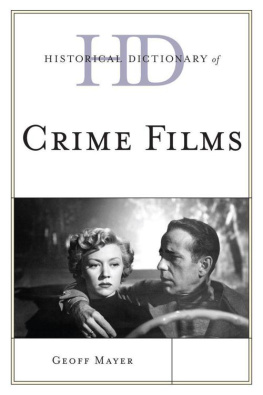

 The paper used in this publication meets the minimum requirements of American National Standard for Information SciencesPermanence of Paper for Printed Library Materials, ANSI/NISO Z39.48-1992.
The paper used in this publication meets the minimum requirements of American National Standard for Information SciencesPermanence of Paper for Printed Library Materials, ANSI/NISO Z39.48-1992.